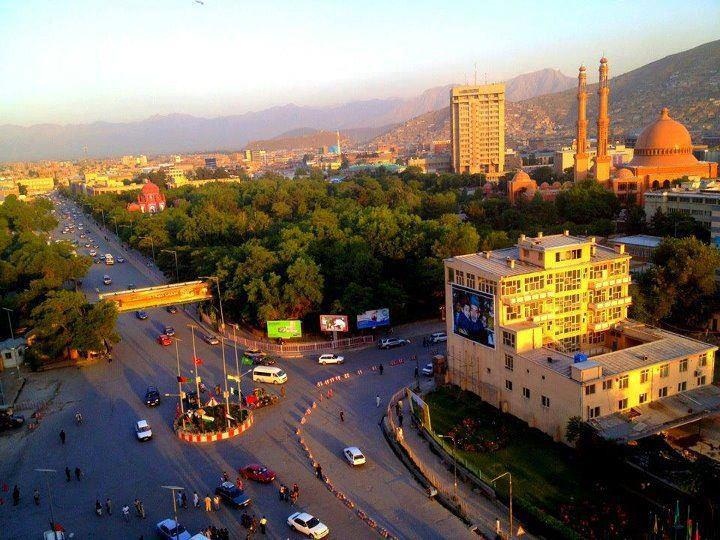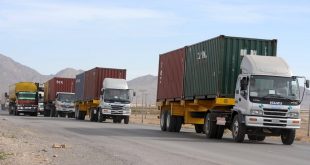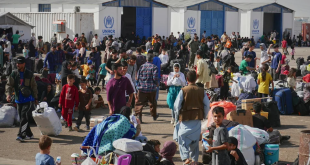Sewage water flows on the road in the capital city, Kabul, when it rains. The hub of political and commercial activities is almost paralyzed. In late March and past week, heavy rains have closed roadways in Kabul City. The capital was presenting a scene of flooded city with no government or orphan one. Most parts of the city including Parwan-e-Seh remained out of basic municipality services. Downpours and flooding is taking its toll on wheat crop. Tens of thousands of hectares of crops are under rainwater.
The Municipality Department is clueless and the government officials are confined to their highly-secured residences and offices in posh areas. Therefore, citizens of this country are worried. They feel abandoned by the National Unity Government (NUG) which promised to prove as savior for this troubled nation. Unfortunately, the troubles are increasing with each passing month because the officials seem more focusing on political issues than developmental projects and national interests.
Torrential rains and flash floods are playing havoc with life and property in several parts of the country but the provincial and central authorities have no idea how to respond. The NUG leaders still to press them into action, although, the meteorological department of the country had already warned the government of heavy rains and floods. Even if the relevant authorities initiated some steps, these efforts are proving valueless for the affected people.
Over 30 people were killed and several injured last week due to floods. Daikundi and Uruzgan provinces are the worst affected. According to the State Minister for Natural Disasters Management and Response, Wais Barmak, the local authorities were directed to use all the available resources to help the affected people. It is very strange that the relevant ministry is engaged in surveys rather than taking precautionary measures to control the damages.
Despite the early warning, people have lost their lives and properties in different districts of the country. Even at the eleventh hour, the relevant authorities had no plan how to protect people from floods. Rescue teams were not found by the affected people at the ground in the hour of need. Resources are almost exhausted because several people yet to receive relief packages. Most of the affected Afghans were helped by international humanitarian organizations.
To prevent damages, the concerned departments should initiate precautionary measures by establishing quick response units. Early warnings shall be taken seriously. People are tired of statements and condemnations; they want to see result-oriented efforts
 Afghanistan Times
Afghanistan Times




